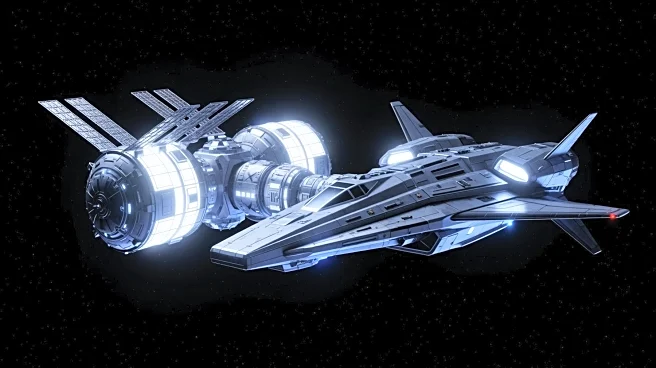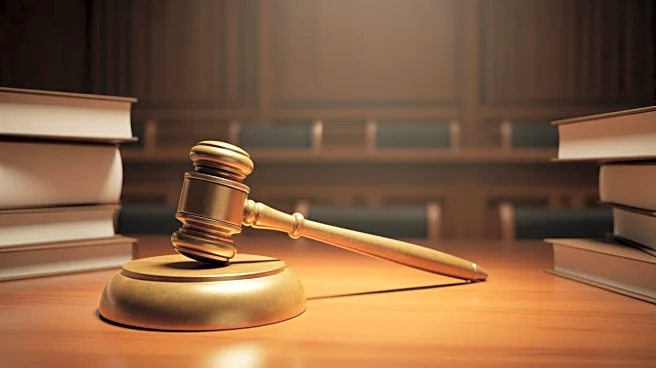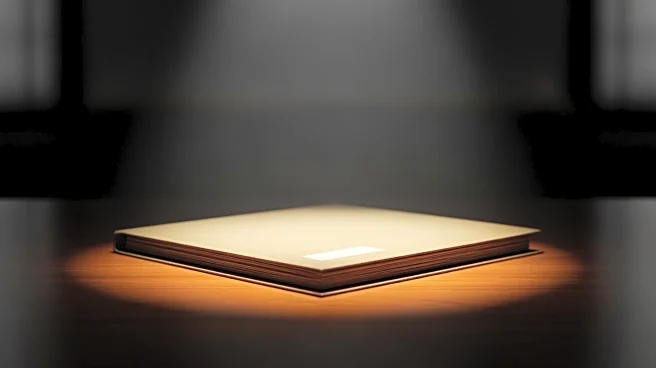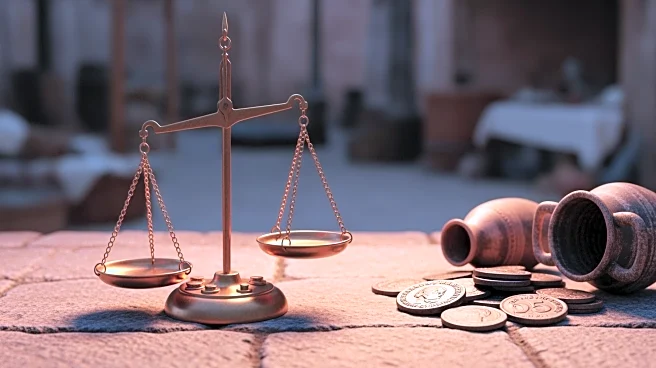What's Happening?
The United States Patent and Trademark Office (USPTO) has initiated a rare re-examination of a controversial patent held by Nintendo and The Pokemon Company. This patent, numbered 12,403,397, involves
the concept of summoning 'sub-characters' for battle, either manually or automatically. The decision to re-examine the patent was made by the USPTO director, a move that is uncommon and typically reserved for significant cases. Intellectual property attorney Andrew H. Velzen suggests that public discourse and backlash may have influenced this decision. The patent's broad nature has raised concerns about its potential impact on other games, should Nintendo choose to enforce it. The re-examination process will assess prior art to determine if the patent's claims are unique or novel enough to warrant protection.
Why It's Important?
The re-examination of Nintendo's patent is significant as it highlights the influence of public opinion on patent law processes. If the USPTO finds the patent's claims unoriginal, it could lead to changes or revocation, affecting Nintendo's legal strategy and potentially altering the landscape for game developers. This case underscores the power of public discourse in shaping legal decisions, particularly in the gaming industry. It raises questions about the balance between protecting innovation and responding to public sentiment. The outcome could set a precedent for how public backlash might influence future patent evaluations, impacting stakeholders in the gaming and intellectual property sectors.
What's Next?
The re-examination process will determine whether the patent's claims are altered or revoked. This decision could influence Nintendo's ongoing litigation against Palworld developer Pocketpair in Japan. If the USPTO finds the patent invalid, it may affect Nintendo's ability to enforce similar patents in the future. Stakeholders in the gaming industry will be watching closely, as the case could impact patent strategies and innovation. The broader implications for public influence on patent law may lead to discussions among legal experts and policymakers about the role of public opinion in intellectual property rights.
Beyond the Headlines
This development raises ethical questions about the role of public opinion in legal processes. While public discourse can highlight potential flaws in patent claims, it also poses risks of undermining genuine innovation. The case may prompt discussions on how to balance public influence with the integrity of patent evaluations. Additionally, it could lead to long-term shifts in how the USPTO approaches controversial patents, potentially increasing transparency and accountability in patent law.








